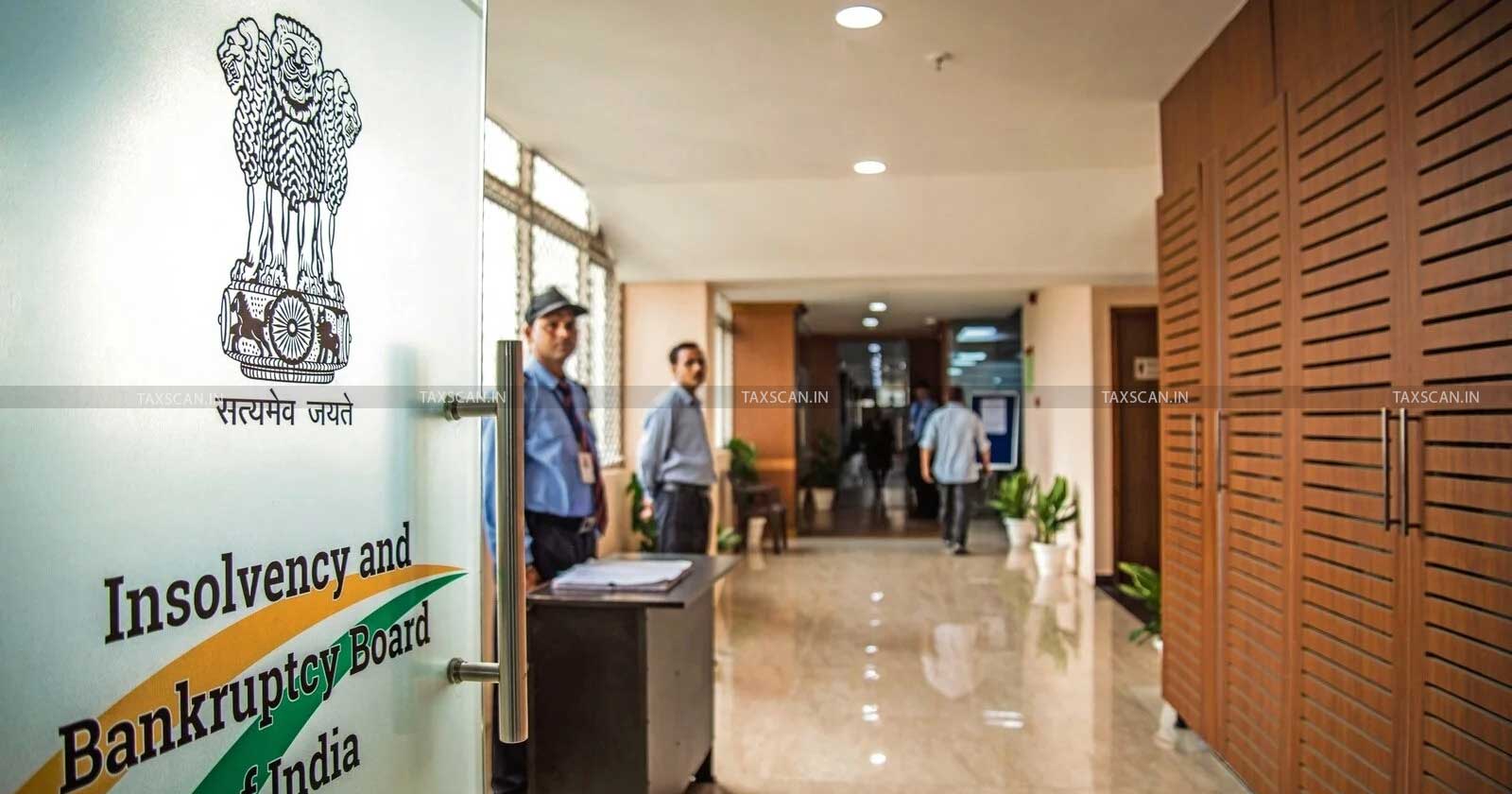IBBI dismisses RTI Appeal seeking SCN issued to Insolvency Professional citing Confidential Nature of Commercial Documents [Read Order]
IBBI laid reference to the exemptions from disclosure of information under Section 8 of the RTI Act

IBBI – Show Cause Notice – RTI – Right to Information – RTI Appeal – TAXSCAN
IBBI – Show Cause Notice – RTI – Right to Information – RTI Appeal – TAXSCAN
The Executive Director and First Appellate Authority of Insolvency and Bankruptcy Board Of India ( IBBI ) recently dismissed a Right to Information ( RTI ) Application seeking a copy of Show-Cause Notice ( SCN ) issued to an Insolvency Professional stating that such disclosure would compromise the confidential nature of such commercial documents.
The RTI Application was filed by the Appellant, Kishorkkumar Bachuram Kapdi seeking a ‘Copy of SCN issued by IBBI towards Resolution Professional (RP) Nitin Narang for the complaint filed by the Appellant’.
The Future of Tax and Finance: Upskill with Us, Click here
The request set forth by the Appellant’s Application was refused by the Central Public Information Officer (CPIO) maintaining that the SCN issued against the Insolvency Professional is in the nature of personal information of the RP and the provision of such information is exempt from disclosure under Section 8(1)(g) of the RTI Act, 2005.
The response from CPIO has been challenged by the Appellant through the instant appeal on the grounds that such disclosure of information is not exempted under the RTI Act, 2005.
The Appellant also cited the lack of documents producible before the National Company Law Tribunal - Ahmedabad in respect of pending litigation in an allied matter; further submitted by the Appellant that documents obtained for submission in Court may not be considered Personal Matters.
The Insolvency and Bankruptcy Board Of India, presided over by Jithesh John, Executive Director and First Appellate Authority observed that while the RTI Act provides the general public access to information in the form of data, statistics, abstracts etc. held by the public authority, they are subject to exemptions under Section 8 of the RTI Act.
IBBI referenced Section 8(1)(d) of the RTI Act to hold that the public authority is not obligated to provide citizens with any information of commercial confidence, trade secrets or intellectual property and the disclosure of which would harm the competitive position of a third party, unless the public authority is satisfied that the disclosure of such information is warranted by the larger public.
In such regard, the Executive Director propounded that the communication between the RP and the IBBI are regarding a corporate insolvency resolution process of a corporate debtor and contain commercial information, disclosure of which would harm the competitive position of the RP and the corporate debtor.
The IBBI further identified the fiduciary relationship between the IBBI and the RP during a corporate insolvency resolution process, thus exempting the disclosure of information under Section 8(1)(e) of the RTI Act, 2005 as well.
The Future of Tax and Finance: Upskill with Us, Click here
In conclusion, the Bench referred the Supreme Court’s decision in Central Board of Secondary Education and Anr Vs. Aditya Bandopadhyay and Ors. (2011) holding that the ‘RTI Act cannot be used for indiscriminate and impractical demands or directions which would adversely affect the administrative efficiency of the Executive and bog them down with non-productive work of collection and collation of information where not justified’.
To Read the full text of the Order CLICK HERE
Support our journalism by subscribing to Taxscan premium. Follow us on Telegram for quick updates


